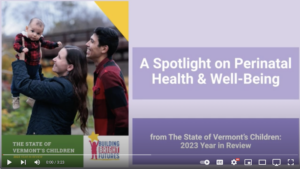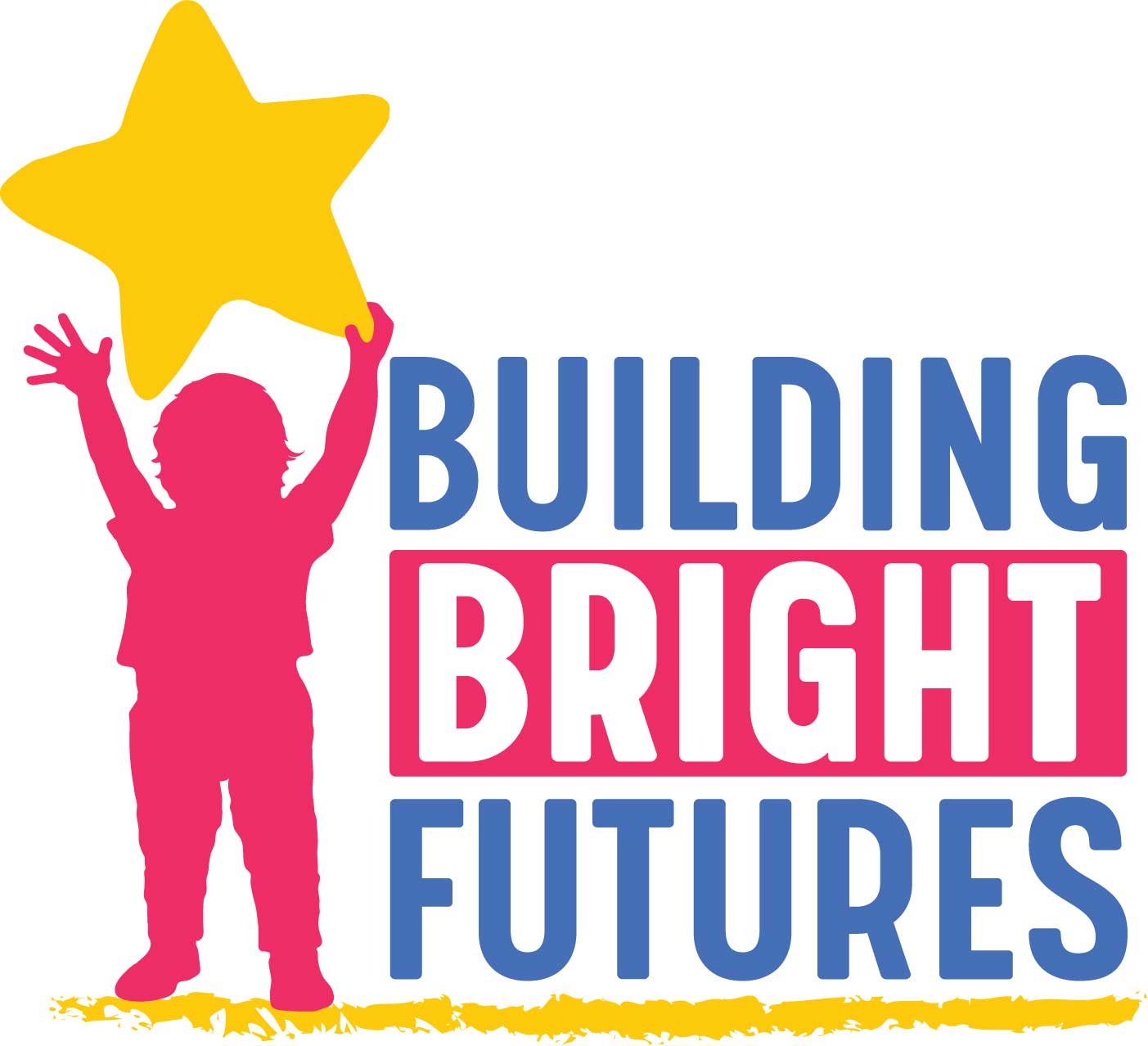Reducing the stigma of Substance Use Disorder, and reflecting on how we can do better for individuals and families that are receiving treatment supports in our community is a key action item that the Chittenden Regional Council has prioritized. Whether folks are trying to quit a substance for the first time or whether they have tried several times before, we are fortunate to have access to treatment centers like Howard Center’s Chittenden Clinic in our community. It is also important to acknowledge that our collective perspective of what a treatment center can do for families has shifted after our Substance Use Disorder Planning Project. I recently had the opportunity to sit down with Dana Poverman, Director of Medication-Assisted Treatment, and Jess Wilder, Medication-Assisted Treatment Clinical Supervisor from the Chittenden Clinic to discuss what services they provide to individuals, and how they use their skills and compassion to offer programs, therapies, and parenting groups that truly wrap around families.
What is the Chittenden Clinic?
DP – “The Chittenden Clinic is an opioid treatment program (OTP is the shorthand). In Vermont, it is also known as a “Hub” of the Hub and Spoke Model. It’s a program that serves people with Opioid Use Disorders and provides medication assisted treatment (MAT) and behavioral health services to wrap around patients. The medications that are used are: methadone, buprenorphine, and sometimes naltrexone.”
How do you define Opioid Use Disorder?
DP & JW – “We use the criteria found in the Diagnostic and Statistical Manual of Mental Disorders, which looks at a number of things to determine if someone if misusing a substance and it helps determine how serious that problem is for the person.
A few examples of the criteria we look at are:
Impaired control: when people want to limit their use but cannot
Developing a tolerance: needing more to get the same effect
Withdrawal: experiencing physical and psychological symptoms when they stop using the substance
Risky Use: using while working, driving a vehicle, using machinery, taking care of children, etc.
Continued Use despite negative consequences: using while facing things such as health conditions, legal problems, social and inter-family dynamic issues, vocational issues, etc.”
What approach to treatment and wellness do you offer at the Chittenden Clinic?
DP – “What’s unique about the Hub and Spoke Model is that the State of Vermont negotiated a State Plan Amendment for Medicaid allowable under the Affordable Care Act, to provide a variety of services that would not typically be covered in the traditional “fee for service” model. Therefore, it really is a system that looks at the whole person and that starts with the Social Determinants of Health. We are reimbursed for things like providing care coordination, screening for food security, lack of housing, transportation, etc. because those are the things can become barriers to wellness. This allows us to look at treating Substance Use in a holistic manner, not only for individuals but for the entire population – what we call Population Health.”
JW – “We offer a variety of therapies and supportive counseling services through the clinic. Group and individual therapy models with master level clinicians that are trained in trauma informed long-term psychotherapy. The approaches we use vary, from CBT to DBT to running groups. Our groups focus on things like parenting, trauma, grief, health and wellness, etc. Case managers are on staff to work with families to address barriers so that the therapists are able to focus their time in the therapeutic work.
Clinical case conferencing is also used as a model at our clinic to allow for cross-collaboration with family members, community partners, medical providers, inter-agency supports, and any other additional team member that is part of the patient’s team. As a team, we identify all the support and challenges and help the client get to where they want to be.”
Can you talk more about your parenting groups?
DP & JW – “One of the services that really relates to families, are the parent-child groups. This is exciting work, because it truly treats two generations at once. The Piggy Back project is the name of this program. Treatment for the parent really is prevention for the child, and we are trying to get ahead of this epidemic. We teach the parents specific skills, and we educate and empower our families by helping them develop understanding of trauma, and we use tools like the ACES inventory that assist with that. The parents learn skills that improve their parenting and help them to build positive attachments with their children. The learning is done in separate groups, i.e.: parents in one group working on a skill while the children are in the other group. The children work on emotional regulation through therapeutic play with a Child Life Specialist. We then bring them back together to practice the skills. The collaboration has really created a richer experience for the families, and the Howard Center really supports the continuation of this approach and model of care. We are also excited because there is more in the works around expanding these efforts by including the prenatal and postpartum population. The goal is to be able to provide services specifically targeted to the needs of families in every stage.”
Jess, what benefits did you gain from participating in the BBF Community of Practice Planning Group this winter?
JW – “It really changed my idea of and knowledge of the community resources we have available in Vermont. We are rich in resources, but we do not always understand how to access them on behalf of our clients. It is hard to know all the resources outside of our own agencies, and I have personally developed greater understanding and relationships with the Reach-Up Program as a result of the Community of Practice.”
Dana, has your vision shifted as a result of attending the Head Start Regional Meeting on Substance Use Disorder last month?
DP – “One of things that excited me is the opportunity to work with the staff that does home visiting for Head Start. We want them to understand their clients and help them work with their own transference or counter-transference because what comes up for a provider when you see a parent struggling with Substance Use Disorder can cause a lot of different feelings and frustrations. We are hoping to partner with Champlain Valley Head Start to provide trainings for their staff if they think that would be helpful. The goal is to de-mystify and de-stigmatize what Substance Use Disorders I are. There a lot of behaviors that go along with this disorder that make it hard for some folks to leave their judgment at the door.”
What’s your message to a family that is struggling with SUD in the community?
DP “Help is here.”
If you or a family member is struggling with Substance Use Disorder, call 802-488-600, or visit https://howardcenter.org/i-need-help-now/
*The Building Bright Futures Chittenden Regional Council granted the Chittenden Clinic funding to purchase supplies for their family groups, and to help make the clinic space more family friendly. The photos reflect some of those recent purchases.








